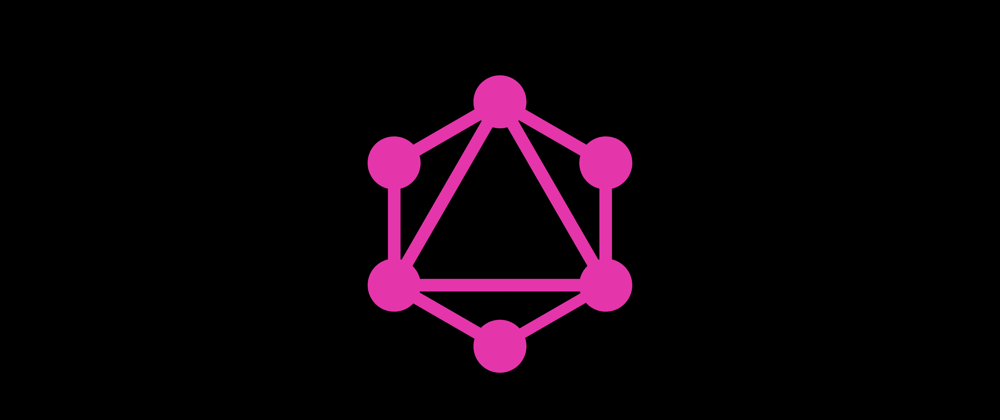GraphQL is a query language and runtime for Facebook APIs (Application Programming Interfaces). It enables developers to specify the structure of the data
they require from the API, and the server will return that data.
One of the primary benefits of GraphQL is that it allows customers to request only the data they require. This decreases data overfetching and underfetching, which can increase application performance while also lowering network traffic.
GraphQL specifies a schema that outlines the different sorts of data and the queries and changes that may be done on that data. The schema acts as a contract between the client and the server, guaranteeing that only legitimate data is requested by the client.
GraphQL is also adaptable and expandable, allowing developers to create new kinds, queries, and mutations. It is compatible with a broad number of computer languages and frameworks, and it is gaining popularity in the web development community.
Advantages :
1)GraphQL allows clients to request exactly the data they want, decreasing data overfetching and underfetching, which can enhance application speed and minimise network traffic.
2)GraphQL's schema and tightly typed architecture assist to prevent frequent API problems and enable auto-generated API documentation, resulting in increased developer productivity. This can increase developer productivity and decrease debugging time.
3)GraphQL is both versatile and extendable, enabling developers to build their own types, queries, and mutations. As a result, it is appropriate for a wide range of applications.
4)Improved client-server collaboration: The GraphQL schema establishes a clear contract between the client and the server, guaranteeing that the client may only request legitimate data. This has the potential to promote communication between client and server teams.
5)Cross-platform support: GraphQL can be used with a wide range of programming languages and frameworks, making it a versatile technology for building APIs.
Future of GraphQL :
GraphQL has a bright future because it is already being utilised by a lot of businesses and developers and is anticipated to continue growing in popularity. Further tools and resources will probably be created when it is embraced more widely in order to make it simpler to use. There may also be an effort to standardise best practises and norms more broadly.
In addition to APIs, GraphQL may also be applied to other kinds of data sources. When this potential is investigated, it may result in more data sources being integrated.
In especially when GraphQL is used to handle bigger quantities of data, performance optimization will be a key area of attention. Overall, GraphQL has a promising future since it is still a cutting-edge and adaptable technology for creating APIs and managing data.







Top comments (9)
Really? Did you use ChatGPT for writing this?
Haha. It looks so :))
Graphql is excellent. I used to not see the point but then I used it properly on a well architectured project and it's such a great paradigm shift.
I'm glad to hear that you had a positive experience with GraphQL! I also find that GraphQL's flexible and efficient approach to data fetching and manipulation makes it a great fit for modern web applications.
That is a nice article for someone who is looking forward to get started with the GraphQL, I think I have got enough from this article that now I can think of building a simple project in order to start learning the GraphQL.
Rumors of REST's demise are greatly exaggerated though ... :-D
The same statement can be applied for gRPC.
Some comments may only be visible to logged-in visitors. Sign in to view all comments.